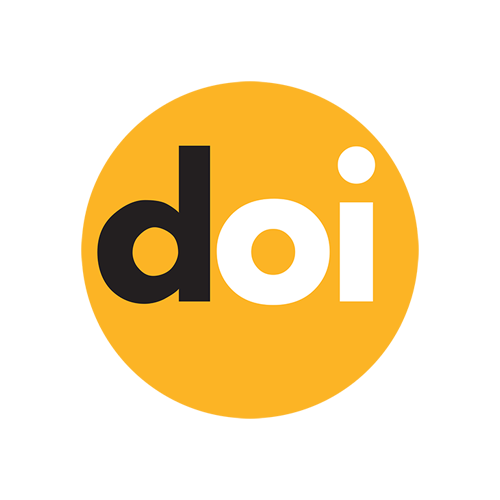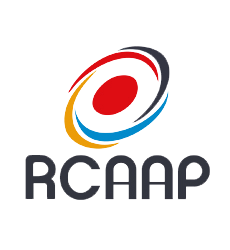Editors
Manuel José Damásio
Editor Manager
Anna Coutinho
Editorial Board
André Rui Graça
Bruce Sheridan
Deirdre O'Toole
Elke Weissmann
Herman Van Eyken
Indrek Ibrus
João Carrilho
Jyoti Mistry
Kenneth Dancyger
Manuel José Damásio
Maria Dora Mourão
Paulo Viveiros
Pedro Serrazina
Ricardo Klein
Steven Malliet
Veerle Van der Sluys










